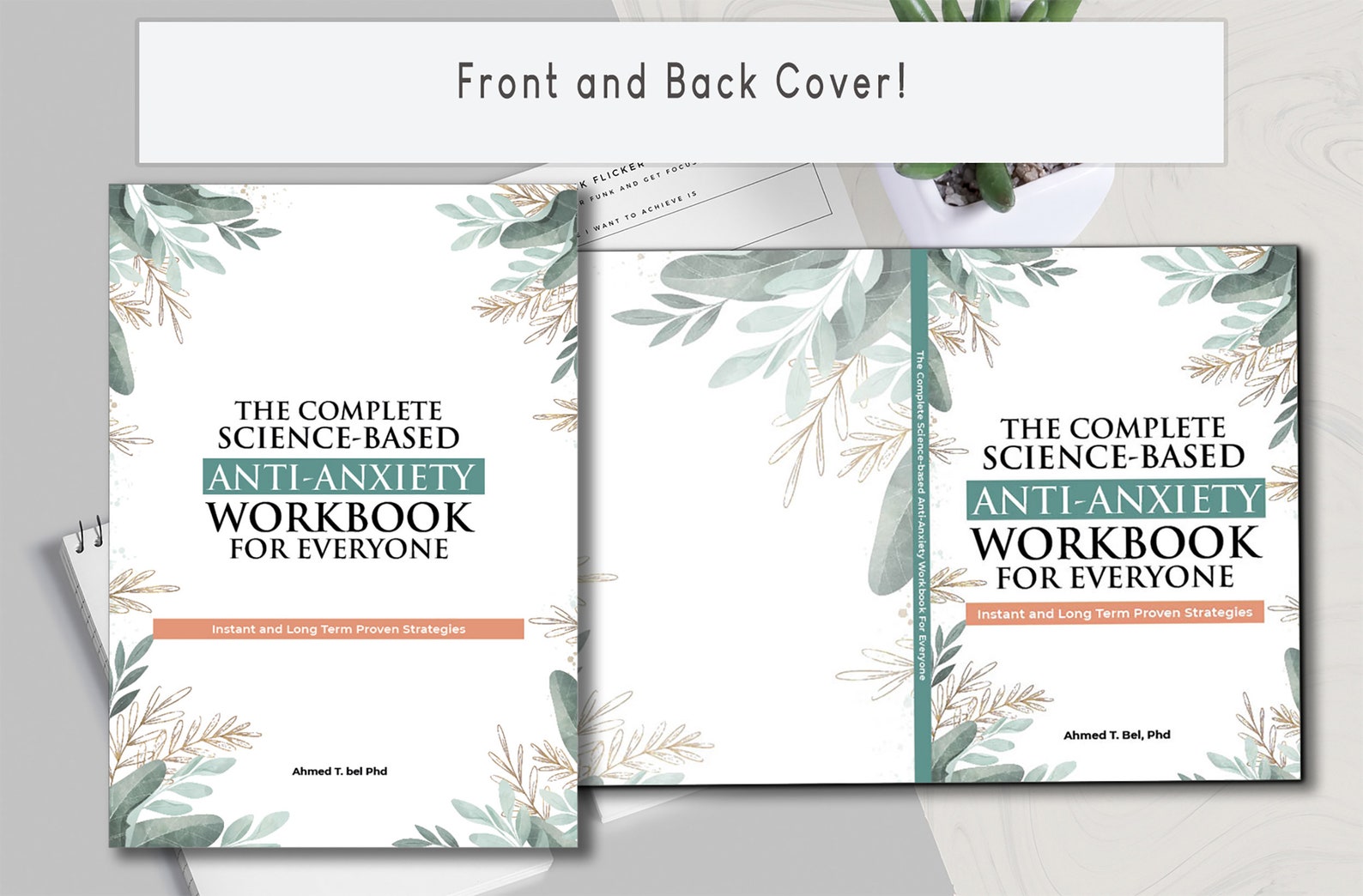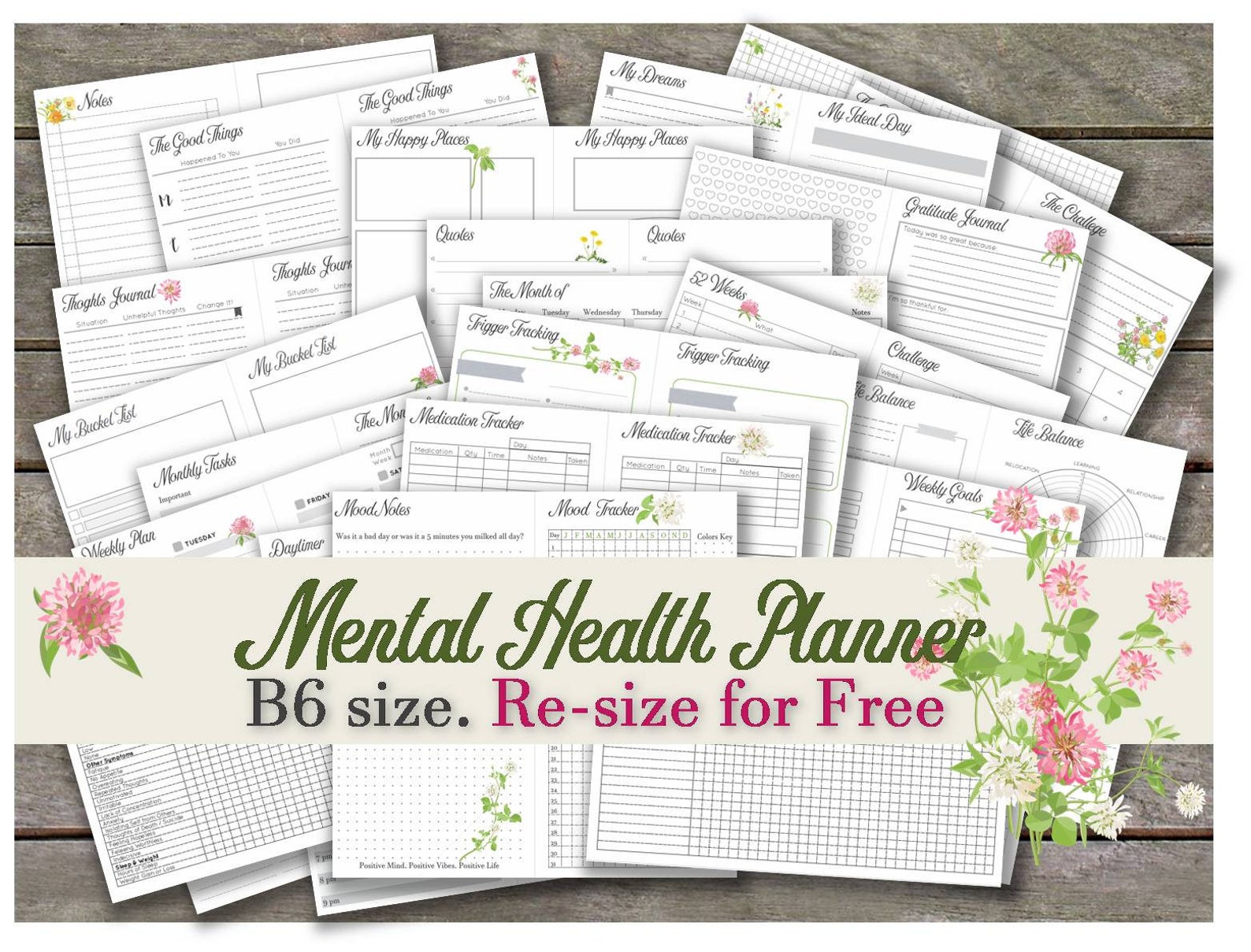

To build their version during the early months of lockdown, they teamed up with a team of psychologists and a writer to put Cognitive Behavioral Therapy (CBT) exercises into book form. “Accessibility is not just ‘are you affordable and are you available?’ but, ‘are you really easy to use, and are you enjoyable?’”Īfter exploring ideas for apps, virtual reality-based digital therapeutics and even tech-enabled mental health clinics, the duo landed on a notebook as a way to bridge the divide for consumers. “For us, the thesis has been that there are so many tools out there that work, and they’ve been proven by researchers and clinicians to be effective, but there’s a big accessibility gap between the things that we know work, and the things that people have access to,” says Patel. Noticing this problem at large, as well as among their peer group, they decided to focus their efforts there. struggle with anxiety disorders, yet only a small fraction actually see a therapist. If journaling can really help millennials become more mindful, how far can the humble notebook go to help us work towards a better state of wellbeing?Ĭofounders and best friends Varshil Patel and Wesley Zhao quit their jobs at health tech company Flatiron Health and asset management firm Bridgewater in 2019 to build something new in the mental health space. “That’s been the most incredible thing, because that not only helps our business, but most importantly, it helps other people.” “Last year made it more normal,” Ikonn says, with people starting to talk more about their mental wellbeing practices. The company, which has added a structured productivity planner, an illustrated journal for living in the moment, and one for year-long goal setting to its assortment, saw 20% year-over-year growth from 2019 to 2020. “For me the idea of doing 750 words a day, I’ve tried it – it’s hard.” “Blank journaling can be very overwhelming,” says cofounder Alex Ikonn. Its most famous journal, which focuses on helping people express gratitude, has now sold more than 1 million physical copies more than 360,000 people have downloaded the paid app. Habit-forming behavior is exactly what Intelligent Change, maker of The Five Minute Journal, has tackled since it got its start in 2012. “In the beginning, it’s hard, but then inevitably it becomes a habit.” “When you’re alone in a garden, you’re forced to be there, be present, observe,” says Rita, who draws a comparison between gardening and journaling. The Green Conspiracy was created to help make gardening less stressful. Today, a new crop of notebook and journaling brands are targeting specific niches in nature, productivity, wellness, and even therapy, with the goal of helping stressed-out millennials be more mindful. Guided notebooks, or those that include prompts and design features, are a more recent trend.

In the months after stay-at-home orders took effect, headlines explained “ why you should start a Coronavirus diary,” ran down “ everything you need to know if you want to start journaling,” and shared expert picks for “ the best wellness, gratitude, and happiness journals.”įield Notes, Papier and Appointed are just a few notebook brands offering a modern aesthetic and point-of-view on old-fashioned pen and paper products.

In 2020, journaling search terms spiked during lockdown, particularly in March and April. Three times as many guided journals were sold during the first four months of 2019 as were sold in all of 2012, when bestseller “Wreck This Journal” helped kick off the trend, according to data from business insights provider The NPD Group.ĭuring a normal year, searches for journaling typically peak in January as people set their New Year’s resolutions. Interest in journaling was already on the rise before the pandemic. Journaling is credited as a way to help manage anxiety, reduce stress, and cope with depression, so it’s no wonder that so many people turned to writing as a reprieve. People who bought notebooks and journals last year may have done so to document life during the pandemic, access a dedicated space for their thoughts, or simply escape their screens. In 2020, we baked bread, purchased Pelotons, wore sweatpants, and started journaling.


 0 kommentar(er)
0 kommentar(er)
